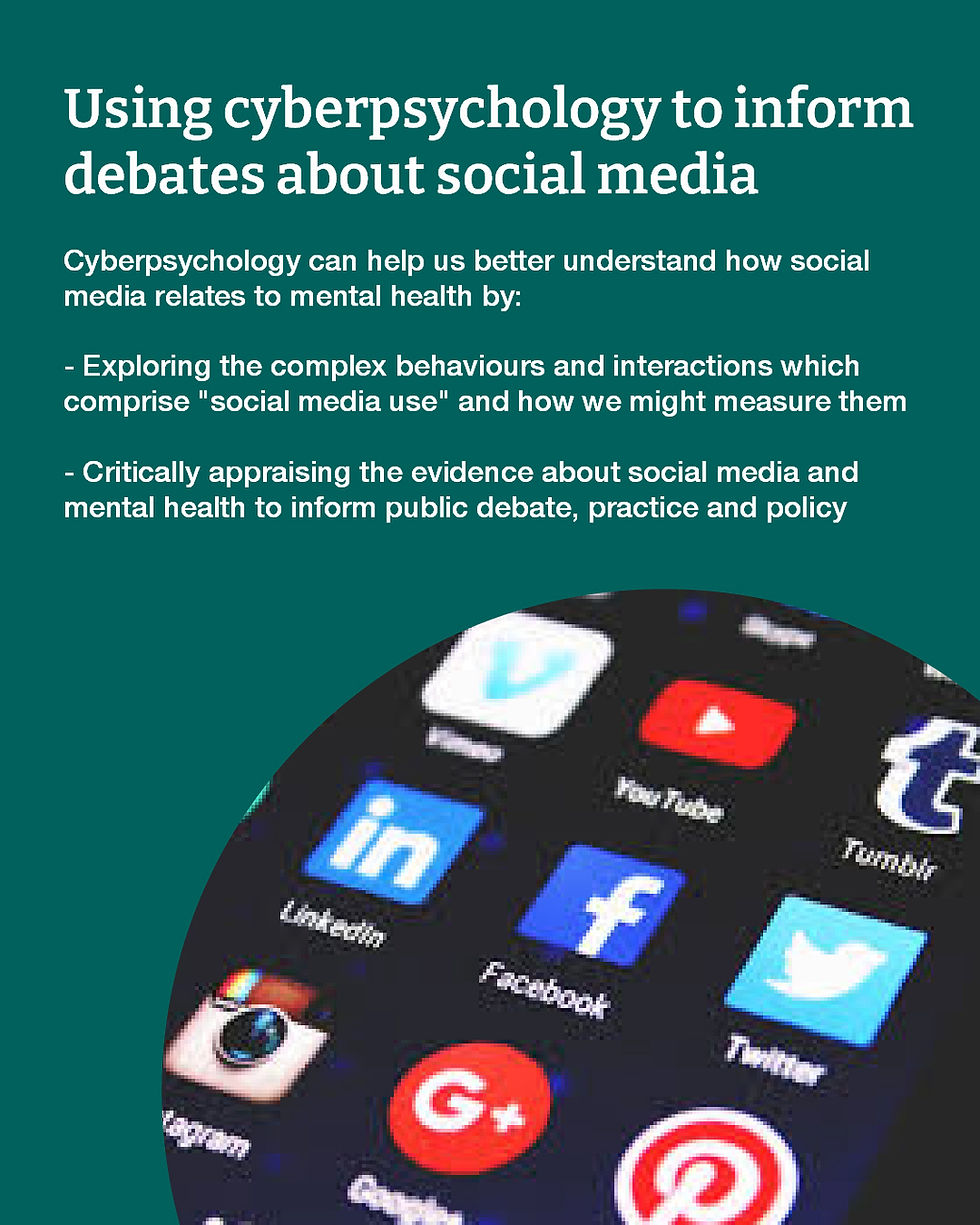Can the 😷 emoji support recovery from COVID-19?
- LindaKKaye

- May 5, 2020
- 2 min read
Across history, symbols have played a huge role in social and political movements, and helped promote social change.
Emoji are good examples of symbols which are prominent in 21st century communication. Recently in the UK the rainbow emoji 🌈 has been a symbol of hope as well as solidarity in support of the NHS and our key workers. This has appeared exponentially across social media, as well as appearing in people's windows as a message of support during periods of lockdown and social distancing. The bee emoji 🐝 is also a classic example of the power of emoji as symbols of solidarity. The popularity of this emoji derived from the Manchester Arena terrorist attack in 2017. The bee symbol has now become synonymous with the city of Manchester and you can see it represented near many popular tourist attractions and on merchandise. The role of emoji in social discourse and in fostering social change is not a new phenomenon, yet we have very little research evidence which has established the extend to which emoji may be directly tied to aspects of behaviour change. This brings us to the intriguing case of the face-mask emoji 😷 If emoji can be a persuasive force in social discourse, this raises the question about whether the face-mask emoji may have a role to play in encouraging face-mask use in the general population. Within this, psychologists can perhaps start to ask the following questions: 1. Will we see a change in how much people use the facemask emoji in the coming months? 2. How will the face-mask emoji be used in respect of written language and its properties? 3 What are the emotional associations people have with the face-mask emoji? 4. To what extend can face-mask emoji play a role in people's acceptance of wearing face-masks and changing behaviours in this regard? Of course, to fully understand any areas of social change, people will have to be inclined to actually use the emoji in the first place. I guess we will wait to see whether this does indeed happen....



Comments